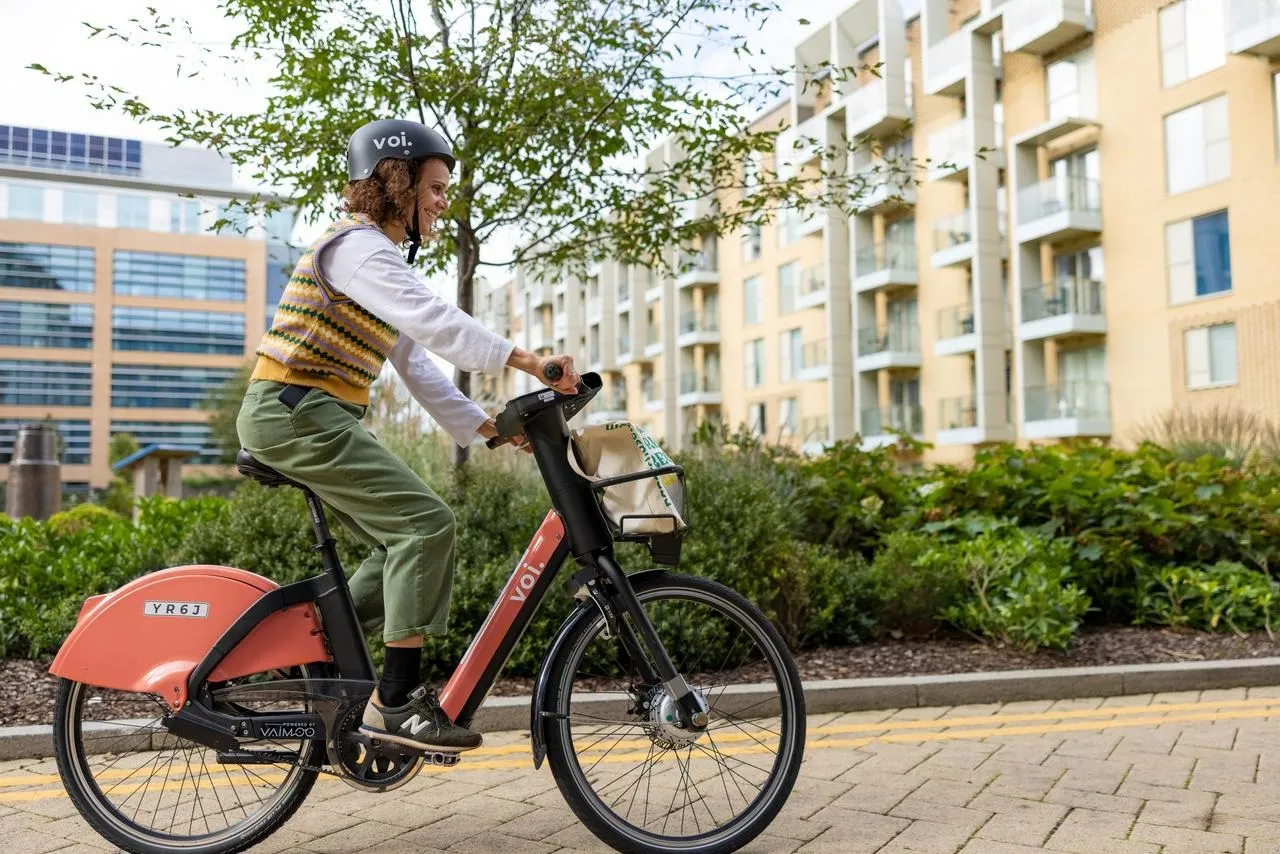A new report, released in advance of United Nations Secretary-General’s Climate Summit on 23 September, claims that more than US$100 trillion in cumulative public and private spending could be saved and 1,700 megatons of annual carbon dioxide (CO2) - a 40 percent reduction of urban passenger transport emissions - could be eliminated by 2050 if the world expands public transportation, walking and cycling in cities.
The report, A Global High Shift Scenario, from the Institute for Transportation Development
September 19, 2014
Read time: 2 mins
A new report, released in advance of United Nations Secretary-General’s Climate Summit on 23 September, claims that more than US$100 trillion in cumulative public and private spending could be saved and 1,700 megatons of annual carbon dioxide (CO2) - a 40 percent reduction of urban passenger transport emissions - could be eliminated by 2050 if the world expands public transportation, walking and cycling in cities.
The report, A Global High Shift Scenario, from the Institute for Transportation Development and Policy (ITDP) and the3880 University of California, Davis, is the first study to examine how major changes in transport investments worldwide would affect urban passenger transport emissions as well as the mobility of different income groups.
The authors calculated that emissions from urban transportation could be cut by more than half by 2050, while economies could save in excess of US $100 trillion and reduce annual premature deaths by 1.4 million.
Co-author Michael Replogle, ITDP’s managing director for policy said that transportation, driven by rapid growth in car use has been the fastest growing source of CO2.
“An affordable but largely overlooked way to cut that pollution is to give people clean options to use public transportation, walking and cycling, expanding mobility options especially for the poor and curbing air pollution from traffic,” he said.
The report sees sustainable transportation as a key factor in economic development, with a far greater proportion of urban passenger travel via clean, high-capacity public transport and non-motorised means, such as cycling and walking.
The report also claims that, without changes in policies, rapid urbanisation, especially in fast developing countries like China and India, ill cause these emissions to double by 2050 in the baseline scenario.
“Unmanaged growth in motor vehicle use threatens to exacerbate growing income inequality and environmental ills, while more sustainable transport delivers access for all, reducing these ills. This report’s findings should help support wider agreement on climate policy, where costs and equity of the cleanup burden between rich and poor are key issues,” noted Replogle.
The report, A Global High Shift Scenario, from the Institute for Transportation Development and Policy (ITDP) and the
The authors calculated that emissions from urban transportation could be cut by more than half by 2050, while economies could save in excess of US $100 trillion and reduce annual premature deaths by 1.4 million.
Co-author Michael Replogle, ITDP’s managing director for policy said that transportation, driven by rapid growth in car use has been the fastest growing source of CO2.
“An affordable but largely overlooked way to cut that pollution is to give people clean options to use public transportation, walking and cycling, expanding mobility options especially for the poor and curbing air pollution from traffic,” he said.
The report sees sustainable transportation as a key factor in economic development, with a far greater proportion of urban passenger travel via clean, high-capacity public transport and non-motorised means, such as cycling and walking.
The report also claims that, without changes in policies, rapid urbanisation, especially in fast developing countries like China and India, ill cause these emissions to double by 2050 in the baseline scenario.
“Unmanaged growth in motor vehicle use threatens to exacerbate growing income inequality and environmental ills, while more sustainable transport delivers access for all, reducing these ills. This report’s findings should help support wider agreement on climate policy, where costs and equity of the cleanup burden between rich and poor are key issues,” noted Replogle.








